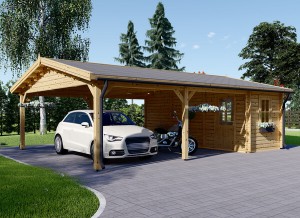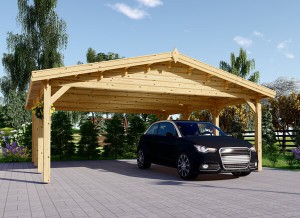Has it always been a dream of yours to be considered a master gardener? Are you constantly looking for new ways to improve your landscape? Do you love your outdoor space more than some family members?
If any of the above sounds like you, we are here to help! In this article, you will learn some of our top master gardening tips. Not to mention, you get a chance to read about your favorite subject! Stay tuned for our top tips!

Tip #1: Remember that Gardening is a Skill
This may be the best piece of advice we give you all day. Although the term “green thumb” gets thrown around a lot, the truth is that every master garden has had to put in a lot of time, money, and effort to get to where they are today. Becoming the best at anything takes plenty of patience.
Tip #2: You Can’t Control Everything
If you want to figure out how to become a master gardener, you have to face the facts. The facts of gardening tell us that you can’t control everything. Unexpected rain, available sunlight, freak storms, heavy pests, and other environmental factors are out of your hands. So, don’t stress too much if you have a bad year.
Tip #3: The Best Gardens have the Best Soil
It’s no secret that beautiful, fruitful plants grow in good soil. That’s why it is so important to take a look at your soil quality and amend it if necessary. In fact, most great gardeners we know have taken it a step beyond and have been building their dirt for years! The easiest way to do this is to start a compost pile.
Tip # 4: Mulch is a Life Saver
If you have ever seen a master gardener’s yard, you will notice a few commonalities. The first is mulch. Mulch is necessary to keep away pests, keep soil moist, and reduce the amount of weeds that can grow. You’re quickly learning how to become a master gardener!
Tip #5: Pull the Weeds Out
It can be tempting to just cut the top of a weed without removing the root. Unfortunately, this does nothing to prevent the weeds from growing back. To truly get rid of the problem, you must remove the root system. Some weeds are even encouraged by a quick snip!
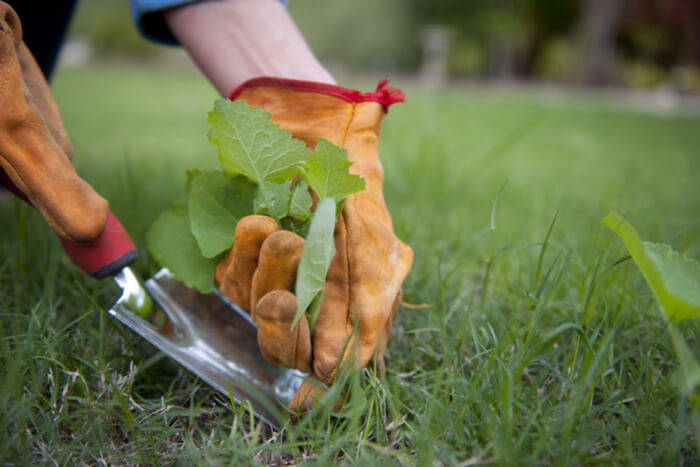
Tip #6: Stay Vigilant
Gardeners with a green thumb keep an eye on their gardens. They are attentive and passionate about what they are doing. If there is any issue such as weeds, pests, or rot, these people are right outside taking care of it. They know it is best to address problems before they get out of hand.
Tip #7: Keep an Eye on Soil Moisture
The best yards belong to people that keep an eye on the rain and the level of water in their soil. Although a watering schedule is a good place to start, masters don’t use one. They look at a number of factors to decide on when they should use their hose. Here are a few:
• • Rainfall
• Humidity
• Topsoil content
• Mulch level and when mulch is reapplied
• Temperature
• Individual water requirements
• Tape in the seed packets or labels themselves
As a general rule, it is best to water when the soil is dry an inch below ground. However, some plants play by different rules. If you see wilting leaves that is a sure sign that your plants need more moisture.
Tip #8: Not all Plants are Created Equal
Depending on what you like to grow, your plants will most likely need different levels of water, sunlight, and soil pH. That is why master gardeners know exactly which plants need what. Even though it can be an information overload at first, you will soon learn to spot patterns.
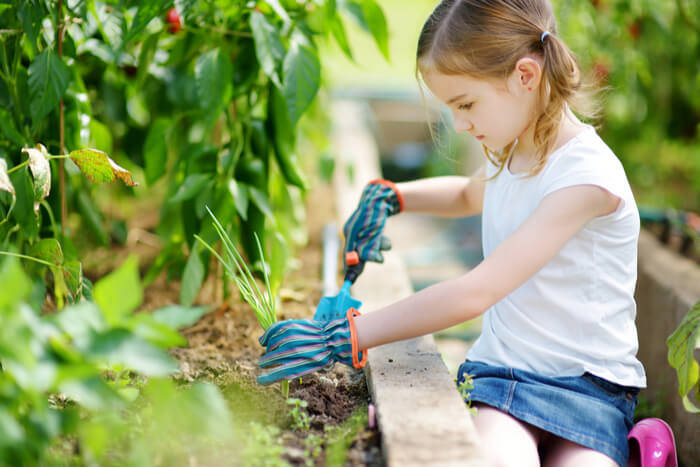
For now, look at the seed packets and labels to figure out what you need. We recommend keeping these for the whole season and posting them somewhere in your wooden garage for easy access. You can also take a look at gardening books written specifically for your region.
Tip #9: Label your Plants
Even if you have your greenery labeled on your plan, it is still important to label them in your yard. We recommend writing the names above and below the soil. If you have permanent flora, go ahead and invest in a laminator. They aren’t that expensive, and you will know where you have planted what for years to come!
Tip #10: Master Gardeners have a Place to Store Their Tools
This is where your wooden garage comes into play. If there is no one place to store your stuff, then you could easily lose it or forget where you left it. Or, they could rust if you leave them in the great outdoors. The best way to take care of your tools is by bringing them indoors to a designated space.
Tip #11: Keep a Journal
It may sound strange, but a journal can be a lifesaver. It helps you get down and remember your observations. Later, you will notice patterns emerging. If you do this for years, you have your very own almanac, written for your exact situation and climate! Here are some things to write:
• When you plant
• When the plants sprouted
• Weather, especially rain
• Pests observed
• Good insects and birds observed
Tip #12: Don’t Bite off More than You can Chew
If you are already strapped for time, becoming a master gardener may not be possible right now. Or, you may only have time to grow a small bed or a container plot. That’s fine. You will still learn a lot about gardening, and you won’t feel stressed or guilty. Remember, you still want to have fun!
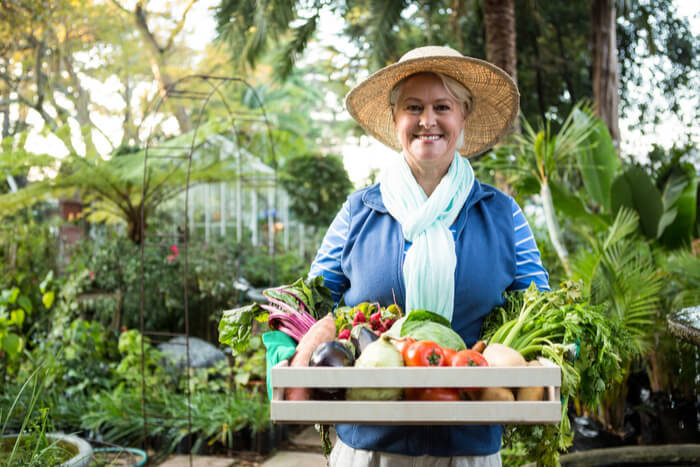
For more details on how we can supply you with the wooden garden building of your dreams you can find in our website!


